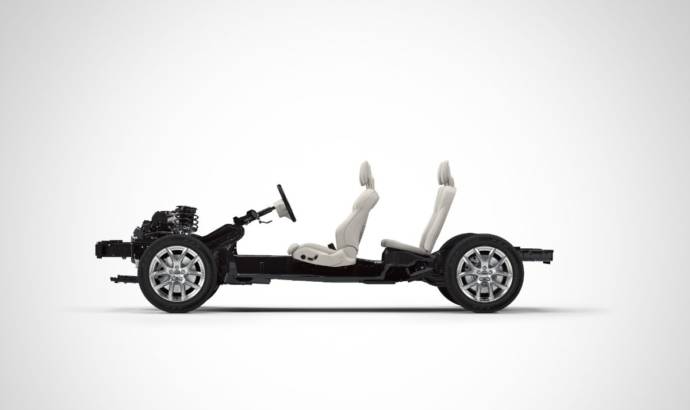As every major manufacturer, Volvo decided to be more efficient when it comes to building platforms for its cars. So it was launched the CMA, the Compact Modular Architecture. After almost three years, it’s time for celebrations.
Volvo Car Group, including its affiliates Lynk & Co and Polestar, produce vehicles based on the Compact Modular Architecture (CMA) platform, introduced in 2017. To the end of July 2020, more than 600,000 Group vehicles based on the platform have been sold.
The CMA platform, co-developed by Volvo Cars and Zhejiang Geely Holding (Geely), is an excellent example of the joint development, production and procurement achieved since Geely’s acquisition of Volvo Cars on 2 August 2010.
The platform debuted in 2017 with the hugely popular Volvo XC40, and due to its modular design, was used to create the Lynk & Co 01, 02, 03 and 05, as well as the pure-electric 2020 Polestar 2 and Volvo’s first all-electric model, the XC40 Recharge P8.
Deliveries of the new CMA-based Polestar 2, which will begin in August, will continue to drive sales on this successful platform.
The CMA platform is the foundation for the new Volvo XC40 Recharge P8, the first of Volvo’s fully-electric Recharge range. Deliveries of the XC40 Recharge will start this autumn.
In the coming years, Volvo Cars aims to establish itself as a leader in electrification, and by 2025 it wants half of its global sales volume to consist of fully electric cars, with the rest hybrids.



